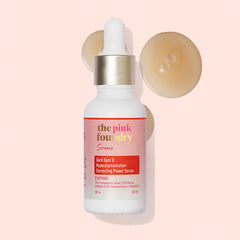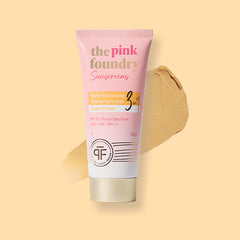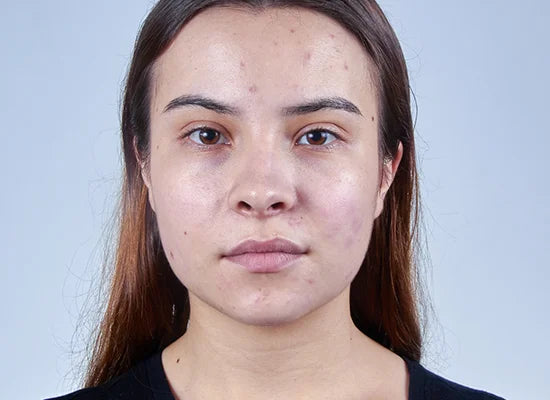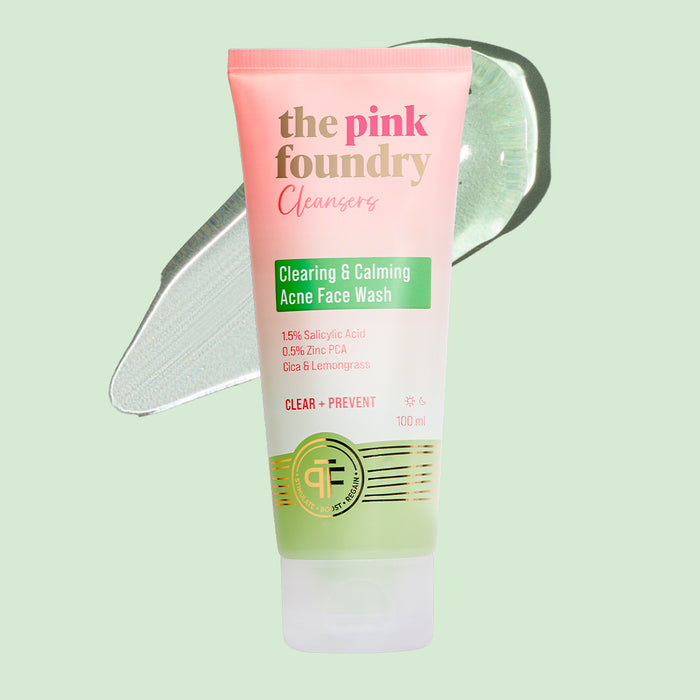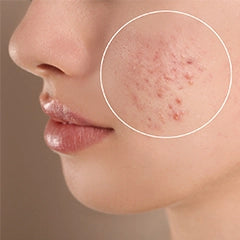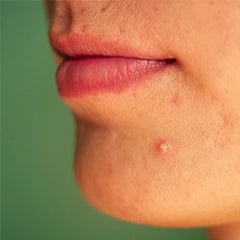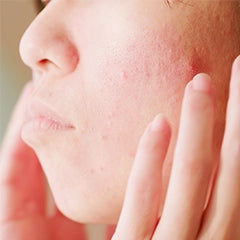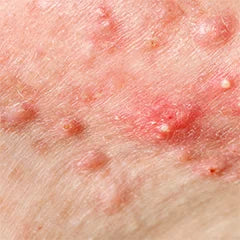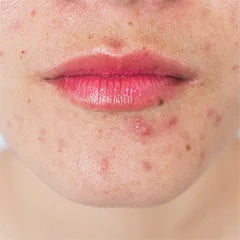About Oily Skin
Oily skin is characterized by its tendency to produce excess sebum, resulting in a consistently
shiny or greasy complexion, especially in the T-zone. While this natural oil can help maintain
skin elasticity, an overproduction can lead to clogged pores, acne breakouts, and enlarged
pores. Managing oily skin often involves a careful skincare routine, including cleansing,
exfoliating, and using oil-free products, to strike a balance and maintain a healthy, matte
appearance.
How does Oily Skin look like
Oily skin typically has a shiny or greasy appearance, often concentrated in the T-zone (forehead,
nose, and chin). Pores may appear enlarged, and the complexion can be prone to acne and blackheads.
The excess sebum production can give the skin a slick or oily texture, which may require special
skincare to manage.
